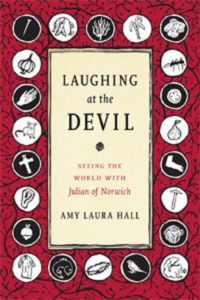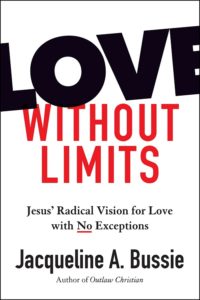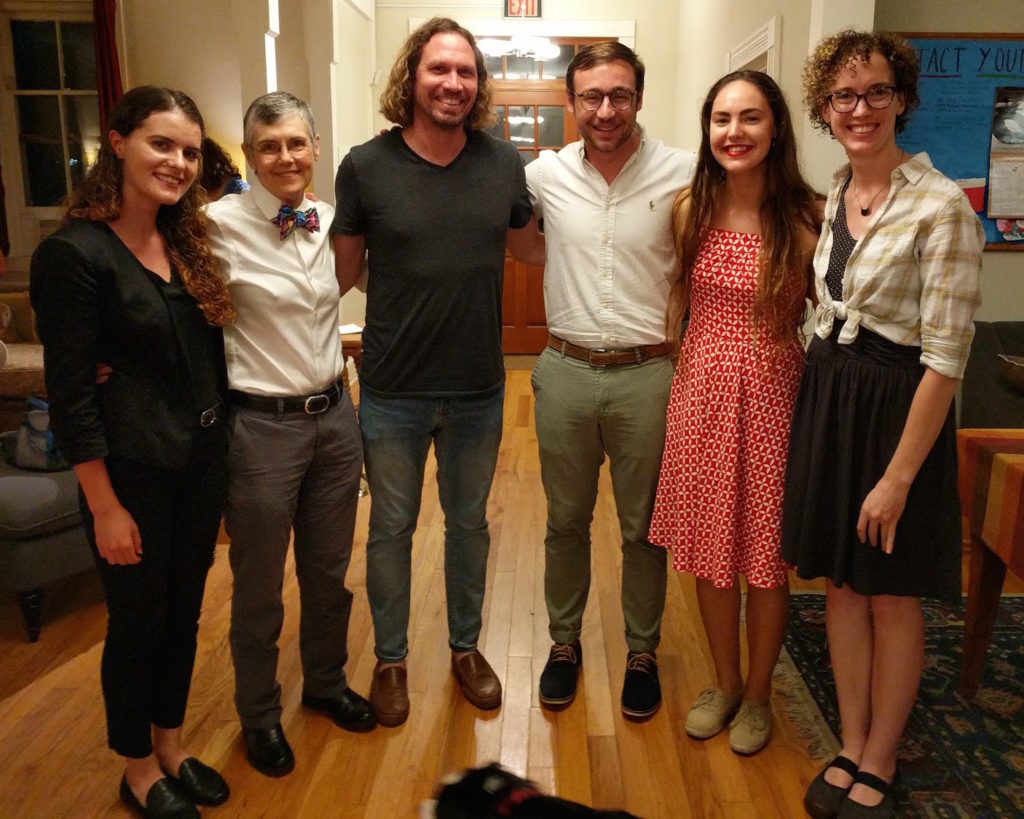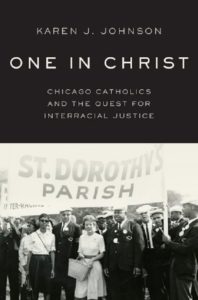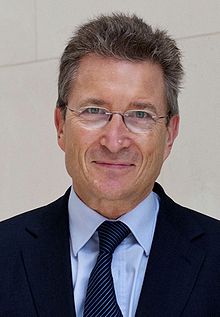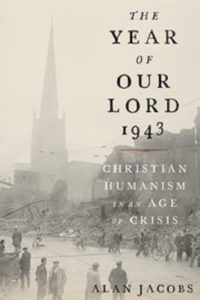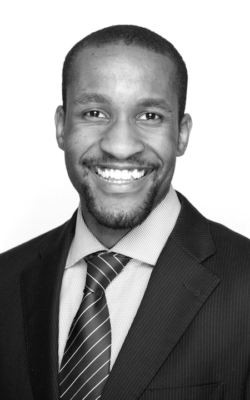 Dissertation Entitled Blessed and Highly Favored
Dissertation Entitled Blessed and Highly Favored
On May 16th, PLT alum Nathan Walton, successfully defended his dissertation: “Blessed and Highly Favored”: The Theological Anthropology of the Prosperity Gospel. This project examines Prosperity Gospel Pentecostalism, also known as the Word of Faith movement, which is the fastest growing Christian movement in the world. Addressing the relationship between health and wealth within the Prosperity Gospel is at the heart of this dissertation’s central thesis. It argues that the Prosperity Gospel presents a form of Christian individualism that is harmful for those who experience ongoing poverty or continue to lack robust health. Promises of personal financial gain are preferred without adequate attention to the various systemic barriers to socioeconomic equality, and approaches to healing quite often lack a framework for affirming the integrity of those with ongoing sicknesses or disabilities. This dissertation identifies the implications that this form of individualism has for those who remain financially and physically dependent. In response, this dissertation affirms interdependence as a more ethically responsible value than independence.
The methodology of this dissertation draws from both qualitative research approaches and theological frameworks. Through in-depth interviews, content analyses of sermons, and participant-observation research in two megachurch communities, it grounds its description of the Prosperity Gospel within ethnographic fieldwork. Subsequently, it brings this research into conversation with the theological writings of Dietrich Bonhoeffer and Martin Luther King, Jr. This dissertation then offers a more theologically robust and ethically responsible vision of Christian identity and practice that has implications for both academic discourse and the church.
While this project offers several important interventions into broader theological discourse, most importantly, it directly engages a movement largely ignored by academic theology. By focusing on the Prosperity Gospel, as well as drawing from qualitative research methods, this dissertation contributes to the growing corpus of theological works which take the religious and quotidian lives of faith communities seriously.
PLT Director Charles Marsh posed a series of questions for Walton on his research:
1. What is the prosperity gospel?
The Prosperity Gospel, the fastest growing segment of Christianity in the world, claims that God desires for all believers to live in financial abundance and robust physical health. Its proponents teach that poverty and sickness are both spiritual curses that have been defeated by Christ’s sacrificial death. Together, health and wealth are understood as spiritual realities that Christians can bring into concrete manifestation through faith and verbal affirmations. Today the Prosperity Gospel flourishes in Protestant (and increasingly in Roman Catholic) churches, especially among the poor in the United States and the Global South, promoting a vision of the good life that valorizes wealth and health.
2. What drew you to the project?
I initially became interested in studying the Prosperity Gospel because a family member became involved in the movement. Their embrace of Prosperity Gospel teachings raised a lot of theological questions for me, particularly as it coincided with my own academic work in religious studies. As an undergraduate at UVA, I wrote a thesis on the Prosperity Gospel, focusing primarily on its use of scripture. After completing a master of divinity degree, my academic questions about the Prosperity Gospel eventually grew beyond hermeneutical questions about scripture to then encompass broader sociological questions about why the Prosperity Gospel remained such a widespread phenomenon as well as questions about the broader impact of its teachings on adherents. At the same time, I became fascinated with the interplay between these sociological realities and their theological roots.
3. Kate Bowler has written a definitive history of the movement. Your paths may have crossed at Duke. What distinguishes your study from her account?
Kate Bowler’s Blessed: A History of the American Prosperity Gospel, offers a compelling and illuminative account of the Prosperity Gospel. She effectively traces this movement’s inception and history, while drawing out several of the dominant themes that have shaped its development. As a historian, Bowler’s approach is largely descriptive. While my dissertation provides a brief historical description of the movement, it is primarily informed by a theological analysis with specifically normative aims. My work not only assesses the Prosperity Gospel, but offers a constructive theological response that draws from the theological and ethical reflections of 20th century theologian Dietrich Bonhoeffer and Martin Luther King, Jr. This theological lens and response is the fundamental difference in my account.
4. Your dissertation is engaging, carefully argued and accessible to non-scholars. What do you hope this contributes to academic theology? What do you hope this contributes to the life of the church?
This project addresses a current gap in scholarship by directly engaging a movement largely ignored by academic theology. By focusing on the Prosperity Gospel, as well as drawing from qualitative research methods such as ethnography, this dissertation contributes to the growing corpus of theological works which take the religious and quotidian lives of faith communities seriously. In addition, this project has implications for the church because it illumines the ethical issues at stake in some of Christianity’s most dominant theological claims. Perhaps most importantly, it provides next steps for Christians both within and beyond the Prosperity Gospel movement, liturgically and socially.
5. Why is attention to the Prosperity Gospel important at this time in our nation’s history?
Attention to the Prosperity Gospel is important because it is a significant case study in the relationship between American religion and culture. As the Prosperity Gospel has appropriated and interacted with social realities such as capitalism, consumerism, globalization, and American individualism, its ability to impact the economic and even political sensibilities of Americans has become increasingly apparent. In addition, attention to the Prosperity Gospel is crucial for our historical moment because it also functions as a globally significant American cultural export. As adherents from South Korea to Nigeria to Brazil embrace this movement, there is an argument to be made that they are also embracing many aspects of what it means to be an American.
6. You’ve decided to pursue a theological vocation, at least for now-in a non-academic setting. Can you talk about the challenges and joys that you’ve discovered so far in doing theology in community development?
I derive great joy from witnessing how theological assumptions provide many of the parameters for how we do community development work, even as theological claims find expression in that work. Some examples that I’ve witnessed include our incarnational emphasis that manifests in programs that are neighborhood-based, a commitment to discipleship that fundamentally shapes our youth programs, or a commitment to reconciliation that informs the type of witness we seek to provide for our city. One of the challenges in doing theology in community development is that the collaborative nature of community development inevitably involves navigating non-Christian perspectives and expectations. Yet rather than being an obstacle, this is simply an opportunity to model what it means to pursue faith-informed social engagement in an ideologically pluralistic world.
Nathan graduated and is currently serving as executive director of Abundant Life Ministries in Charlottesville. His interests include community development, theology, and parish ministry. In addition to his role with Abundant Life, Nathan serves as Community Life Pastor at Charlottesville Vineyard Church.
Fellow travelers are scholars, activists, and practitioners that embody the ideals and commitments of the Project on Lived Theology. We admire their work and are grateful to be walking alongside them in the development and dissemination of Lived Theology.
For more news from PLT fellow travelers, click here. To engage in the conversation on Facebook and Twitter, @LivedTheology, please use #PLTfellowTravelers. For more recommended resources from our fellow travelers, click here, #PLTfellowtravelers. To sign up for the Lived Theology monthly newsletter, click here.
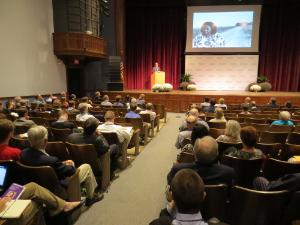 On September 26 and 27 Charles Marsh delivered three lectures at the School of Theology at Sewanee University as the 2018 DuBose Lecturer. Marsh built upon the theme of witness by presenting three different lectures.
On September 26 and 27 Charles Marsh delivered three lectures at the School of Theology at Sewanee University as the 2018 DuBose Lecturer. Marsh built upon the theme of witness by presenting three different lectures.
